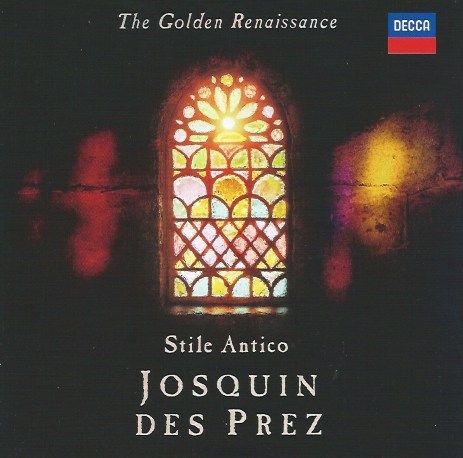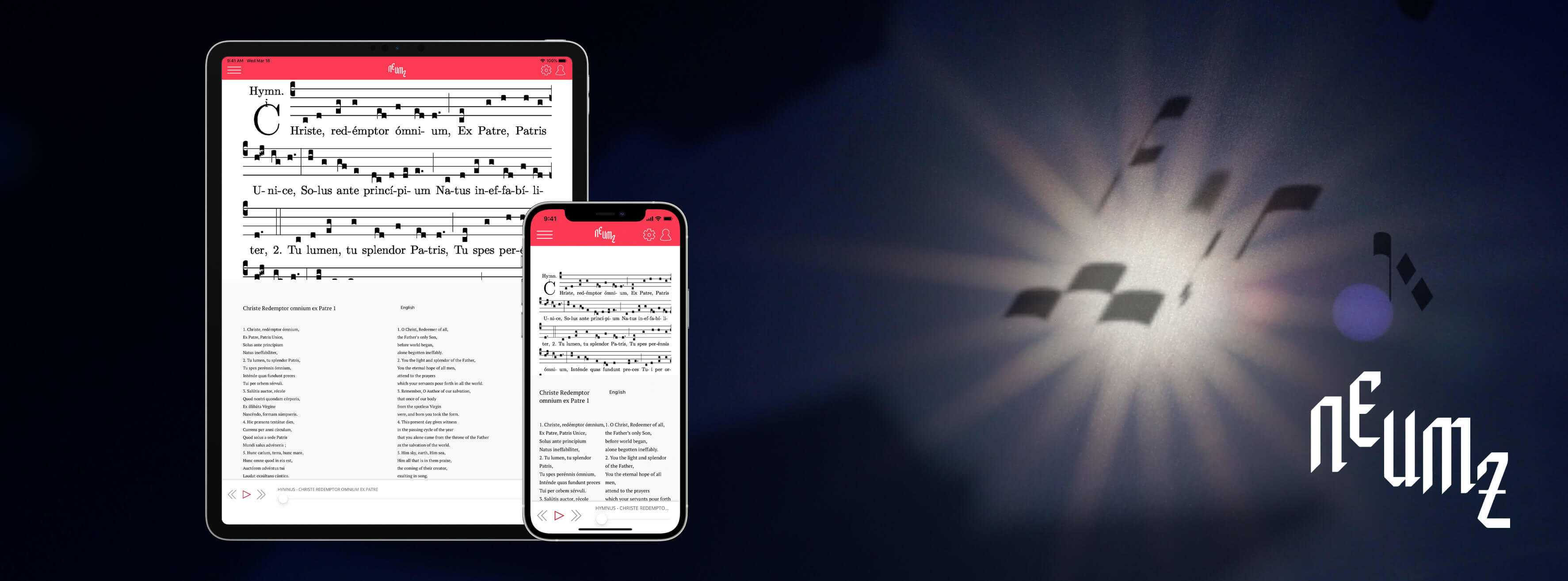Celebrating Josquin's 500th
A celebration of the Mother Mary, Decca's The Golden Renaissance offers a simply gorgeous - and vocally flawless - experience

It's an astonishing 500 years since the Franco-Flemish Josquin (also known as Josquin dès Prez) died. Decca is celebrating with this, The Golden Renaissance performed by the wonderful Stile Antico, the first of three releases celebrating anniversaries of three major Renaissance composers. It includes a Josquin recorded premiere, too, the chanson Vivrai je tousjours. Future releases in this series will include celebrations of the 400th anniversary of the death of William Byrd (2023) and the 500th anniversary of the birth of Palestrina (2025).
Stile Antico gave a memorable performance as part of VOCES8's Live from London series in September 2020 (the review is here). Their performance of Josquin's Missa pangue lingua is just as terrific. There's a closeness to the recording that brings the listener into the music, and a clarity that allows the contrapuntal lines, to speak beautifully:
Interesting to compare this with Peter Phillips' account on Gimell with the Tallis Scholars, just as impressive, and with a sense of dancing lines that brings the music to life in its own way in the latter stages of the movement. Which one, I wonder, might you find more engaging?:
Josquin took a plainchant as the basis for this mass, and Stile Antico perform that immediately prior to the Mass: Pange lingua itself, intended as a chant for the feast of Corpus Christi. Josquin does, during the course of the mass, give us clear statements ofthe chant; he also fragments it, or extends it to become part of larger melodies. It's a masterpiece of its kind. It is great luxury to have these two performances at our immediate disposal; to hear Josquin's genius rendered in different ways. Instead of hearing the Stile Antico chant, let's use this opportunity to introduce a massive project that offers access to a vast treasure trove of chant for free: Neumz (neumz.com), taken from the community of the Abbey of Notre-Dame de Fidélité of Jouques, in Provence, France:

Returning to Decca "versus" Gimell, the formats of the discs are different, not least in the Tallis Scholars providing the Mass complete, one movement after the other, while the Decca disc prefaces the Mass with the Motet Salve Regina and the Plainchant of Pange lingua. Stile Antico follows the Kyrie with the radiant motet Ave Maria .. Virgo serena; even more involving is the insertion of the motet Inviolata, integra et contra es after the Gloria, a celebration of mysticism:
Listening to the Stile Antico Gloria, one does really feel the sense of glorification of the Deity; as well as a real sense of tenderness at the word "Suscipe" at "Suscipe deprecationem nostram". The Tallis Scholars' performance is purer, even more vulnerable in the way we hear the textures. The two make for fascinating comparisons:
... and let's hear that "Suscipe" with the Tallis Scholars:
Stile Antico's Credo is initially heavy and determined, ceding to a gentler yet still contrapuntally complex area; until the mystical stasis of the "Et incarnatus" lands. This of all the movements is like a whole journey within itself; the World premiere of the chanson Vivrai je tousjours is the perfect post-Credo balm. And what a discovery it is. Frankly I think it's worth the proce of the disc alone; some of the wrting, particular;y towards the end, feels unique in its textural feel:
... and what brilliant programming from Stile Antico to folow that with the wonderfully witty frottola (an Italian popular song) El grillo - The Cricket, as fun to listen to as it is to sing:
A playfulness in the Decca account surfaces in the Sanctus & Benedictus, ceding to a high seriousness that almost takes us back to the plainchant itself. The motet Virgo salutiferi genitrix offers much balm; the Tallis Scholars offer a more interior experience in the Sanctus & Benedictus (NB the Tallis Scholars excerpt is much shorter here):
Listening to the bare textures and exquisite dissonances of the final Agnus Dei is an almost unbearable experience. Let's close the consideration of the Mass with the new release Stile Antico:
The disc concludes with two homages to Josquin: Hieronymous Vinders (fl. 1525-36) and his spellbinding Lament, O mors invevitabilis (O ineluctable Death), which quotes from five Josquin motets in terms of texture and music, while Jacquet of Mantua (1483-1559) is heard in his Motet, Dum vastos Adriae fluctus (When Jacobus wondered at the vast waves of the Adriatic) which, among other Josquin pieces, quotes two heard on this disc, Inviolata and the motet Salve Regina, which begins the disc, thereby offering a sort of symmetry.
The Decca disc is recorded in Dolby Atmos, a system that allows for just the clarity the Decca disc reveals (the link there inludes a demo page you can experiment with on headphones). A celebration of the Mother Mary, Decca's The Golden Renaissance offers a simply gorgeous - and vocally flawless - experience, and is the perfect complement to the Gimell performances.
